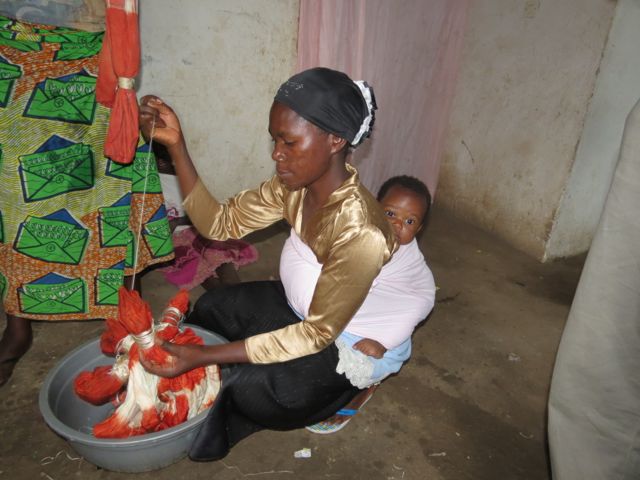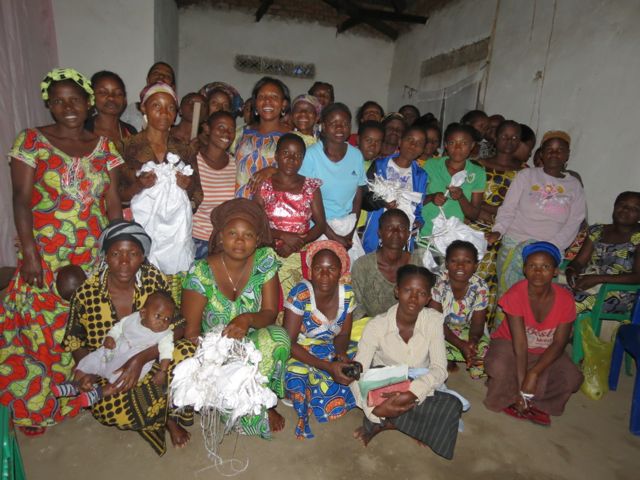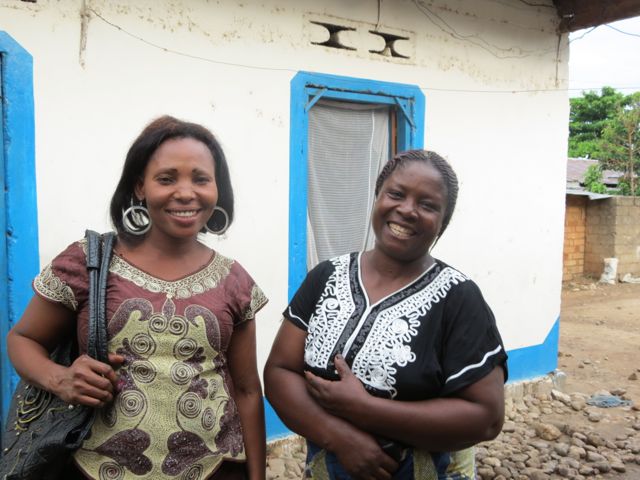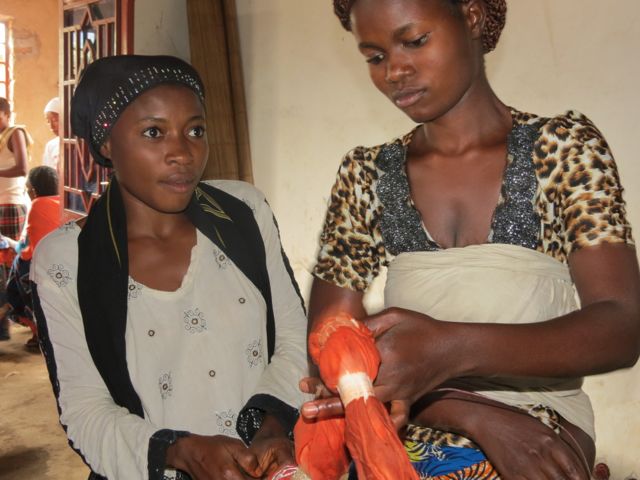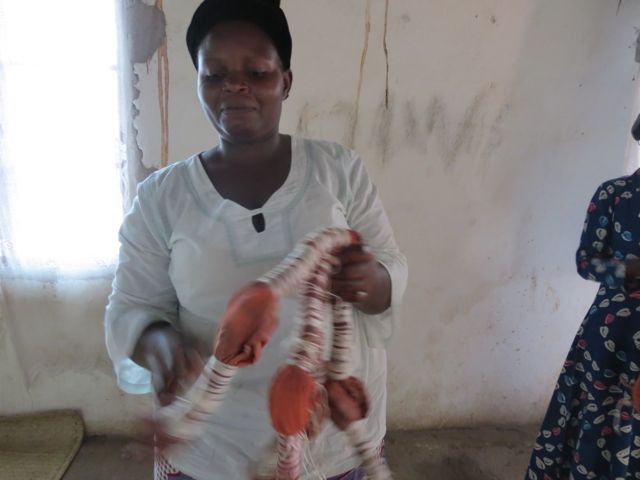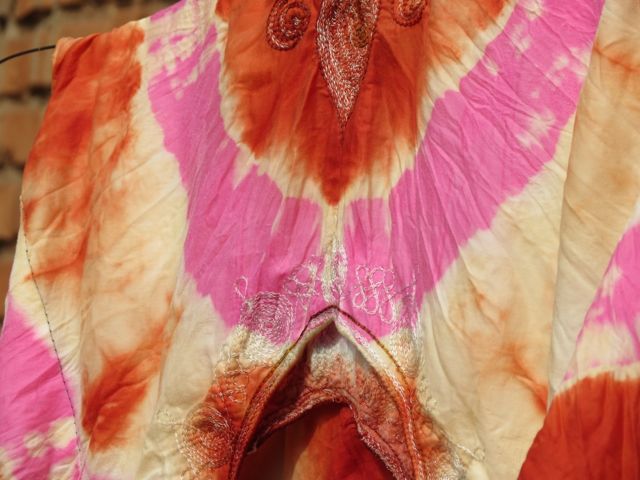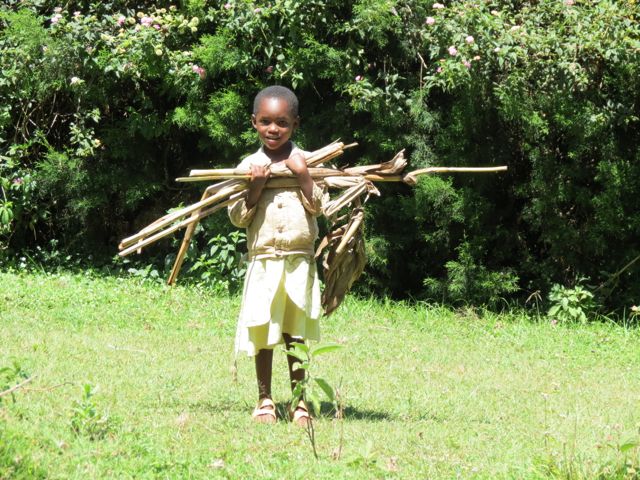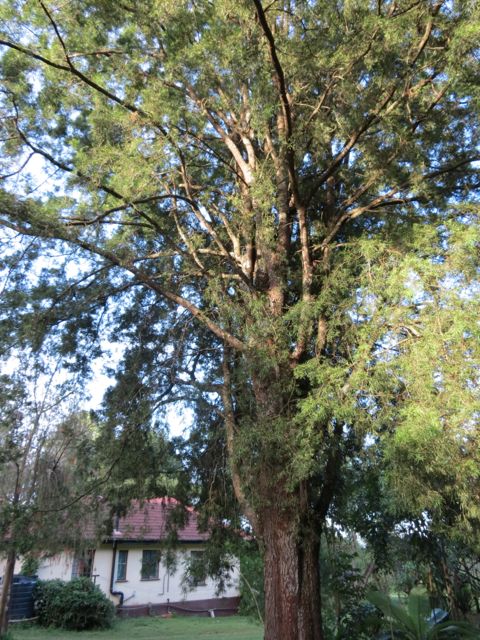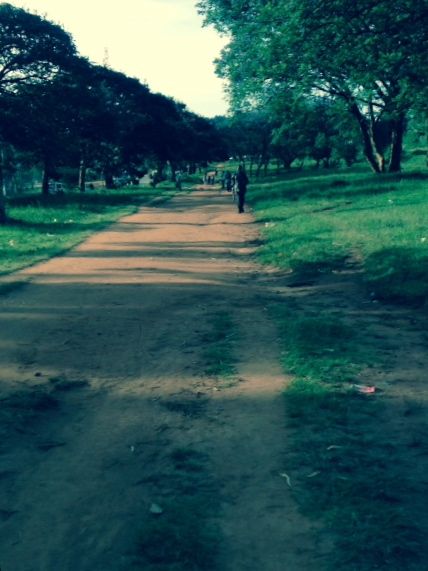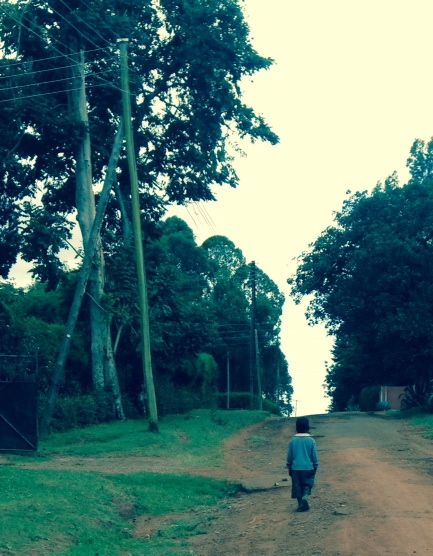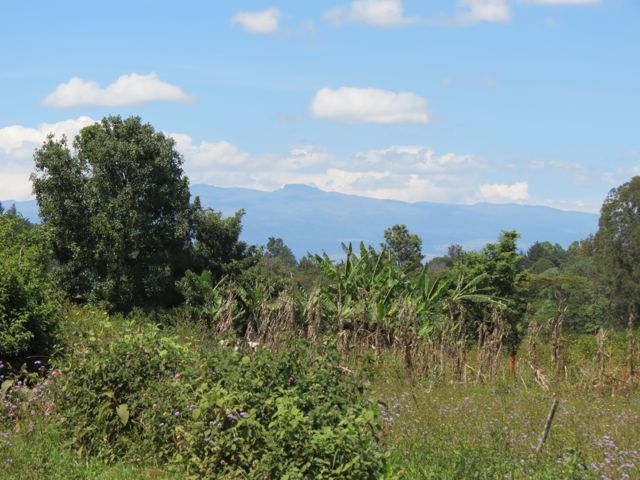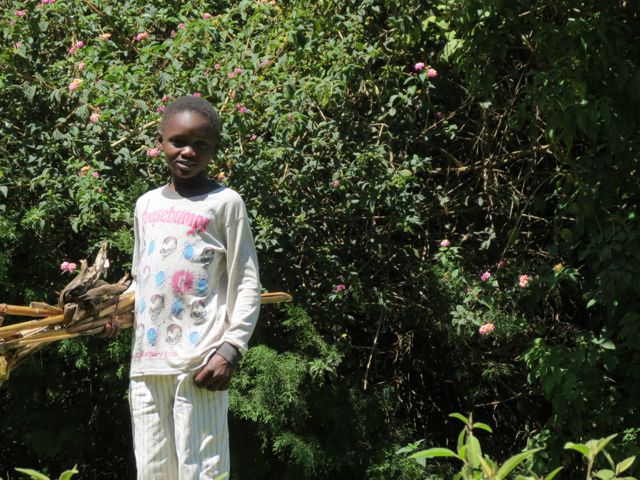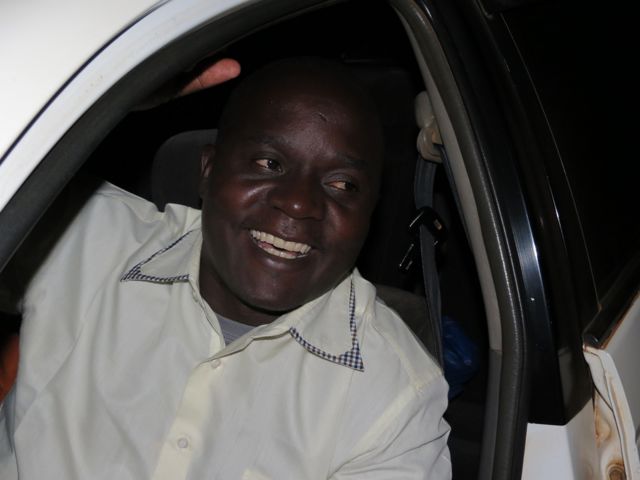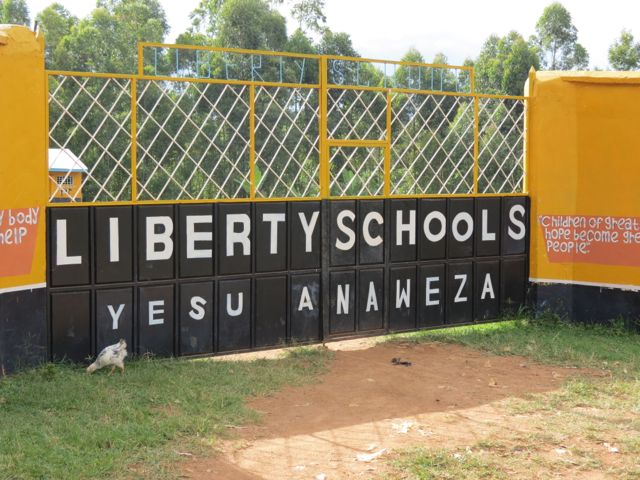— A Miracle for Elizabeth
 Brooks
Brooks
Meet my friend Elizabeth. She and Schola have become friends of mine since coming through Nairobi twice a year since '07. They both have a good job working at the hostel we stay in. Last spring when I saw them, it was heartbreaking because Elizabeth had been suffering for a very long time with back and leg pain. The pain was so severe that sometimes she was unable to even walk to the matatu (bus) to be able to come into work. Just looking at her you could see the pain on her face. She had been able to scrounge enough money together to see a doctor and even have x-rays but the treatment prescribed was resulting in no improvement. More than discouraged, Elizabeth had lamented how limiting her life was and the problems it was causing at home physically and relationally, as well as economically by her not being able to come to work. She was really at her wit's end and didn't know where to turn or what to do. Desperately seeking an answer, a friend had told her of a visiting specialist who was speaking at a nearby university. She hoped to have enough funds to make an appointment to see him. Even though I knew it was not even close to being enough to make any real difference, I still dug deep into my pocket and gave her the few shillings I had to help even a little bit toward her being able to see this physician.
Perhaps the limited monies in my pocket spoke to the only thing I did have to offer Elizabeth … a God who I know personally, who loves and heals. So, I had asked Elizabeth if I could pray for her… "I haven't got money (enough) to help, but what I do have, I'll give you. That's what Peter said and that's all I can say." I was surprised when she jumped at the chance. Work or not, she quickly stood up and reached out her hand. I grasped it tightly and prayed … nothing big, no magic words … just two women looking to their God to do something miraculous in an impossible situation.
That was last May. Today, when I got to see Elizabeth her face was bright, no stress, no pain in her eyes or face. She was cheery … even animated and smiling and laughing. "Brooks! Do you see me now? I have no pain, I am not suffering. I am happy, I am joyful. Even I cannot be quiet. When a person has nothing left; there is no husband who can help you; the children are not able; your friends and relatives cannot do anything; and finally you are just up against the wall. That's when you have to say, 'What can I do? I have nothing!' Then, you cry out to God; it's there in the surrendering, in the letting go that Jesus has a chance to do the healing from the inside, then to the outside. I am a miracle. This is the third time Jesus has healed me. Where would I be? What would I do? Everything I have and everything I am is because of Jesus. He took me from a place where there is NOTHING and He gave me everything. Even if He does not do another thing for me, I can say that I am grateful."
Quite animated, she continued with barely a breath, "I cannot keep silent. Even yesterday I was admiring a lady's umbrella and she told me the woman who it belonged to had just died. I felt so sad for this lady and I could see that she was suffering in so much grief. I asked her, 'Do you have a personal relationship with Jesus Christ? Do you know the one who can walk beside you and comfort you in this time of such suffering?'"
Elizabeth makes me laugh. She and Schola and I share girl stuff. But what I really love about Elizabeth is that she is real. What you see is what you get. Whether you agree or not, it doesn't matter. To her, her God is real; He is alive; He is at work in the lives of people … because He loves and wants to prove himself to mankind. Have you seen Him today? Have you noticed that He is right here, right now, calling your name … sweetly, gently … for one reason and one reason only, because He loves you.

